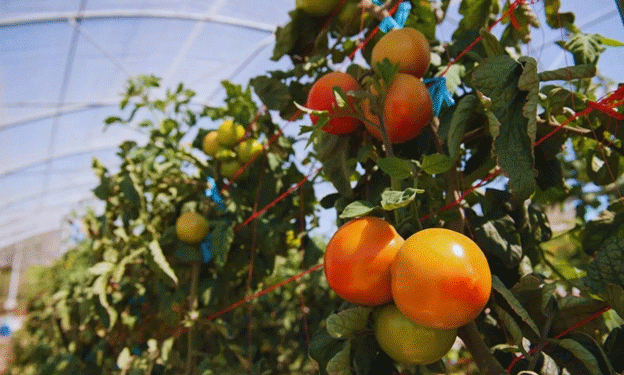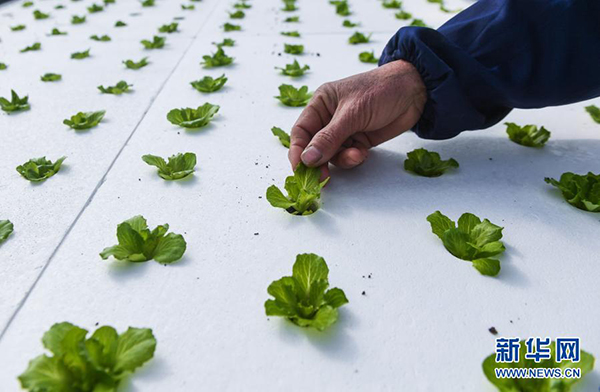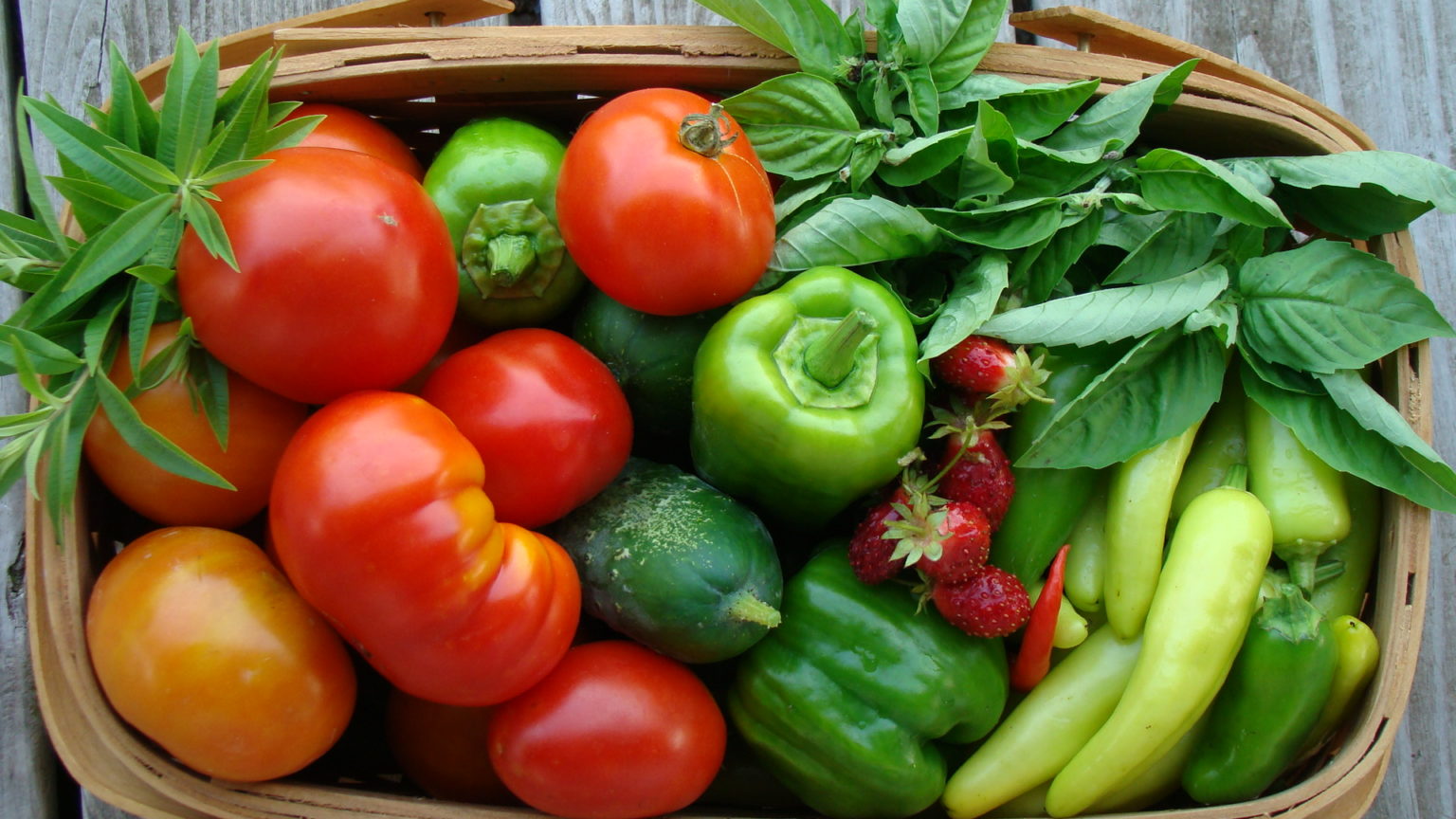The installation of greenhouses for vegetable production in Río Colorado represents a significant advancement in sustainable agriculture, particularly for local communities seeking reliable access to land and water resources. A collaborative effort involving the Instituto Nacional de Tecnología Agropecuaria (INTA), the Agencia de Extensión Río Colorado, and the Universidad del Comahue, this project is designed to enhance local agricultural practices while supporting the community’s nutritional needs.
Five years ago, motivated by a technique introduced by the Agencia de Extensión Rural (AER), a group of women in Río Colorado began organizing to produce healthy foods for their families. However, they faced critical challenges related to access to land and water, which prompted the formation of the Cooperativa de Trabajadores de la Tierra (CTT). With guidance from AER, the cooperative not only formalized but also established a framework for addressing these challenges comprehensively.
The newly constructed greenhouses, covering 6,400 square meters across eight units, are equipped with modern drip irrigation systems that optimize water use—an essential consideration in regions facing water scarcity. Funded through the Dirección de Programas y Proyectos Sectoriales y Especiales (DIPROSE) and the Promoción de Sistemas Agroalimentarios Resilientes y Sostenibles para la Agricultura Familiar (PROSAF) program, the project highlights the commitment to fostering resilient agricultural systems.
As highlighted by Myrian Barrionuevo, a researcher from IPAF Patagonia, these greenhouses enable the production of a variety of crops, including fruiting vegetables like tomatoes and eggplants, leafy greens such as kale and spinach, and even aromatic herbs year-round. This diverse production not only meets local dietary needs but also creates opportunities for market sales and the preparation of biopreparations—organic solutions that can enhance soil and plant health.
For the families involved, the initiative provides crucial access to the land and water necessary for sustaining fresh vegetable production. The benefits of greenhouse cultivation include improved planning and management of crops, reduced costs, and increased income opportunities due to extended growing seasons and diversified offerings. Marcelo Ramos, the president of the cooperative, emphasized the positive impact of the project on their farming practices, particularly during the challenging winter months when irrigation is often difficult.
The project has garnered support from local government, with the mayor of Río Colorado, Duilio Minieri, affirming the municipality’s commitment to promoting sustainable agricultural initiatives. By fostering the growth of local cooperatives and enhancing food production, the municipality aims to contribute to healthier diets and improved food security for its residents.
The introduction of greenhouses in Río Colorado not only addresses immediate agricultural needs but also promotes long-term sustainability and community empowerment. By enhancing access to resources and providing training and support, this initiative exemplifies how collaborative efforts can lead to transformative outcomes in local agriculture.










